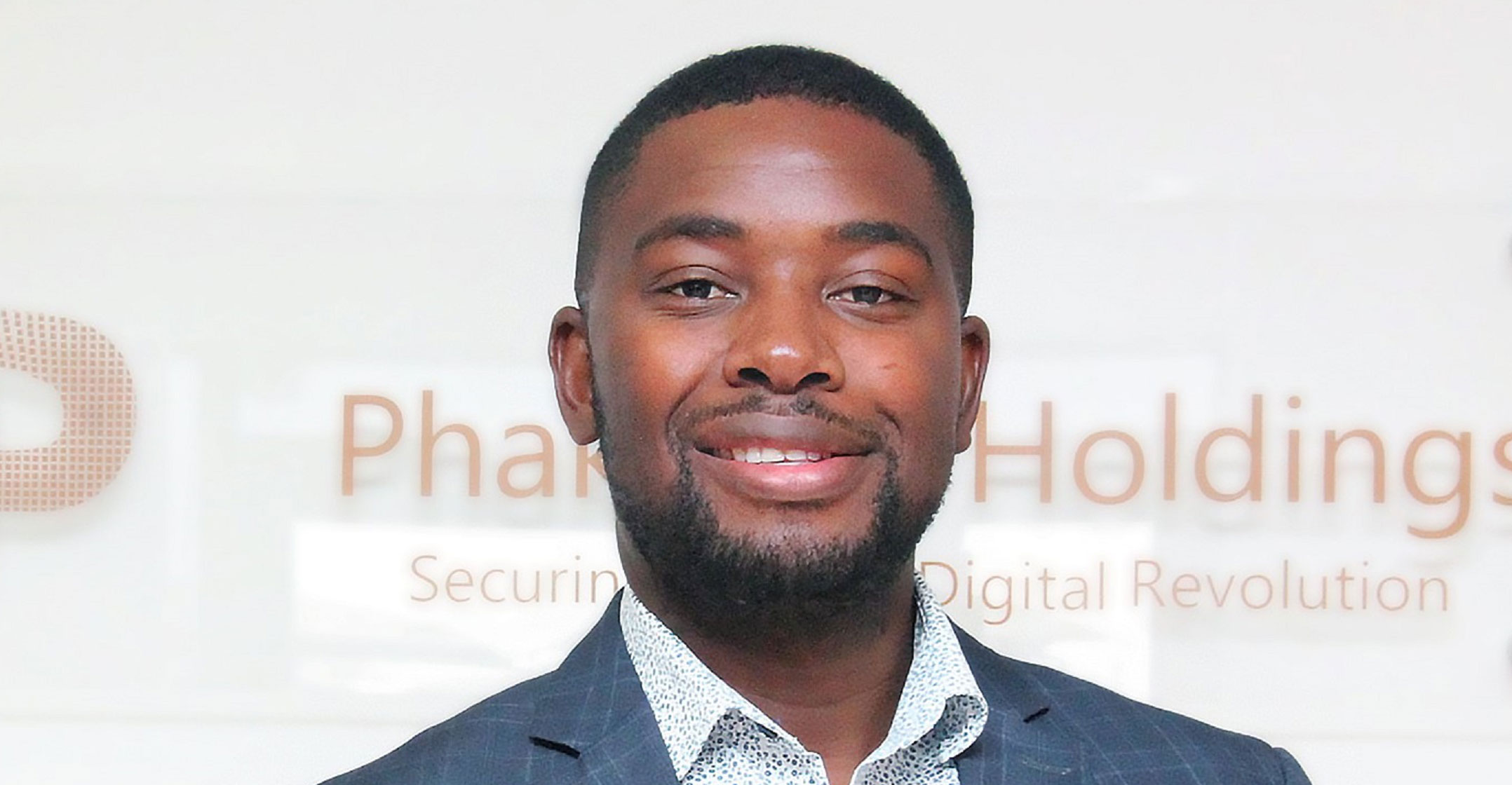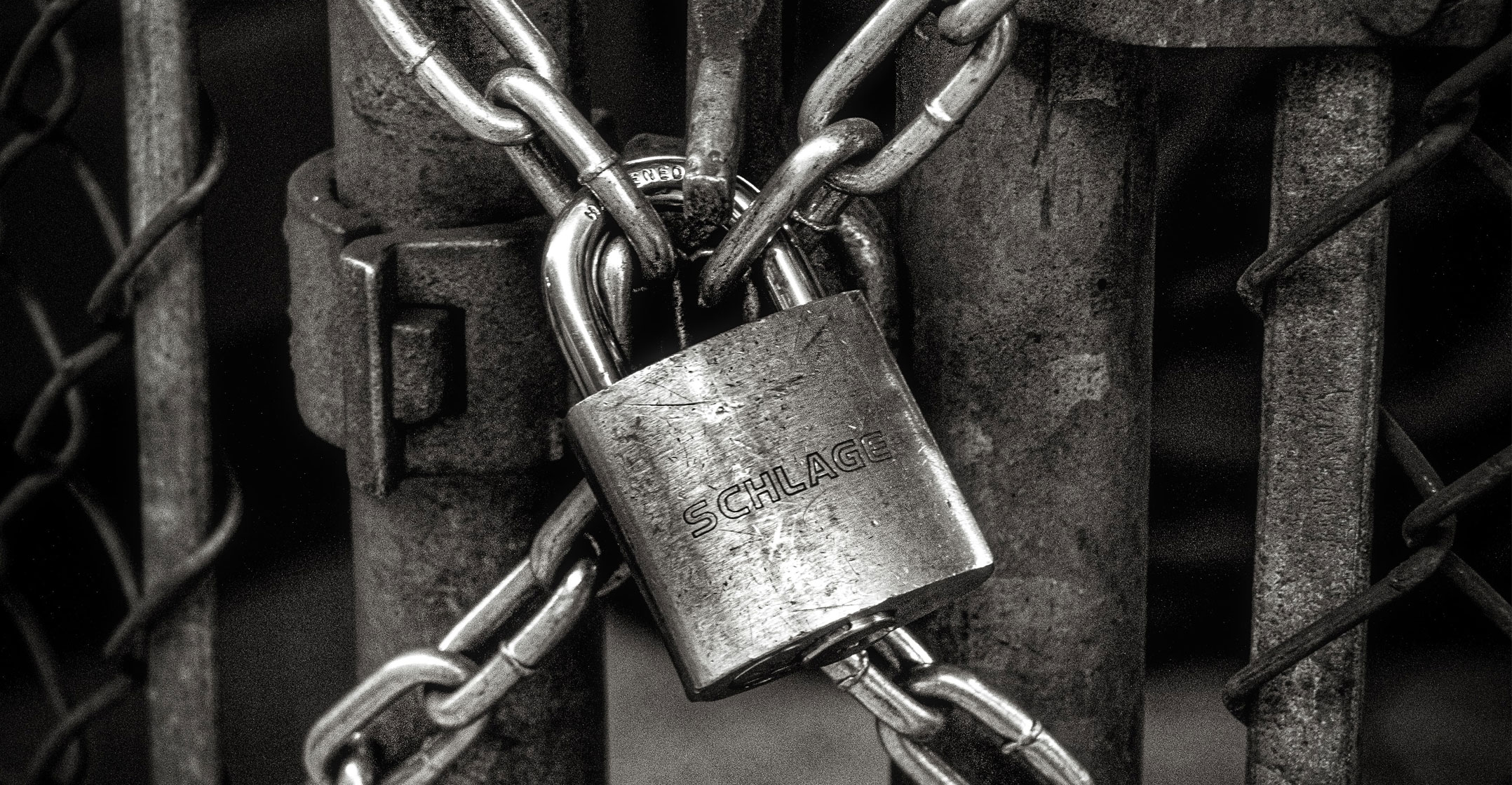 The rush to enable people to work from home during the initial lockdown ushered in an era of hyper-digitalisation. For many, it created security challenges that initially went unchecked while they focused on health, safety and business continuity challenges.
The rush to enable people to work from home during the initial lockdown ushered in an era of hyper-digitalisation. For many, it created security challenges that initially went unchecked while they focused on health, safety and business continuity challenges.
Hackers took advantage of the situation and the result is that we now have two pandemics running in parallel: the global Covid-19 pandemic and a fifth-generation cybersecurity pandemic.
However, many organisations are hampered by their continued reliance on second- and third-generation security, generations that are characterised by many disparate, non-integrated security point solutions. At the very least, organisations typically have firewall, anti-virus, end point security software, usually from a wide range of vendors. Some have on-prem SIEM (security information and event management) solutions that often exacerbate the shortage of skills necessary to salvage some form of security capability.
See Pi-SOAP in action now
The result is it’s difficult to integrate the entire security environment and that makes it less effective. It is labour intensive, which is slow and prone to errors, while generally limiting companies to detection only rather than being able to respond quickly and have a single pane of glass into their secured digital landscape.
Hackers quickly figured this out and took advantage of home workers additionally being disconnected from their IT security staff during lockdown. The frequency of phishing attacks related to health and safety around the health pandemic rose sharply. Hackers targeted the age-old security weakness: human emotion. But they had a slew of new weapons in their arsenals.
Fifth-generation cyberattacks are what the World Economic Forum calls “weapons-grade hacking”. It’s when hackers automate their attacks, so they are faster, more lethal and more efficient at exploiting weaknesses. Businesses have to improve their capabilities to deal with these bold new threat vectors.
Businesses that have remote workers, systems in the cloud, mobile devices and distributed Internet devices, need fifth-generation cybersecurity. It gives them integrated, unified security architectures that share threat intelligence in real-time for fast, orchestrated (automated) responses on live network traffic (inline security).
Skills shortage
Fifth-generation cybersecurity maximises the guiding principles behind any secure system, platform or network: real-time prevention, consolidation, integration and visibility, and continuously updated threat intelligence.
A major challenge, however, is the dire shortage of skills. Most businesses have to bolster their threat-detection capabilities. But they also need to create new capabilities to respond to attacks quickly. Traditional methods don’t work. Many organisations simply cannot find the people with the skills they need.
That’s why Phakamo Tech created Pi-SOAP, the Phakamo Intelligent Sec Ops and Analytics Platform. It is a managed service that delivers a consolidated cybersecurity architecture that protects networks, endpoints, cloud systems and mobile devices against fifth-generation, weapons-grade hacking.
 Pi-SOAP handles the complexities around growing connectivity and inefficient security architectures. It delivers real-time threat prevention against known and unknown threats. It leverages Microsoft’s most advanced global threat prevention and other zero-day technologies. It automates threat intelligence-sharing and provides consistent security across all Check Point components, to close security gaps. It consolidates multiple security layers for superior policy management and optimised visibility.
Pi-SOAP handles the complexities around growing connectivity and inefficient security architectures. It delivers real-time threat prevention against known and unknown threats. It leverages Microsoft’s most advanced global threat prevention and other zero-day technologies. It automates threat intelligence-sharing and provides consistent security across all Check Point components, to close security gaps. It consolidates multiple security layers for superior policy management and optimised visibility.
Additionally, it’s entirely staffed with black women security engineers and therefore provides businesses with level-1 broad-based black economic empowerment benefits.
The women who operate Pi-SOAP and Phakamo Tech, a Microsoft Security Partner of the Year finalist, have a wealth of industry and vendor qualifications and certifications. Phakamo Tech covers all blue, red and white cybersecurity team elements for turnkey prevention, detection, response, and risk and compliance enablement consulting.
Leveraging Phakamo’s Pi-SOAP, embattled South African organisations, from government to commercial enterprises, are equipped to rapidly scale out their security posture to tackle the most advanced modern threats that have already hit some of the country’s largest institutions. With Pi-SOAP, they now have the best skills detecting, preventing, and responding to the new wave of attacks overwhelming other businesses stuck with traditional architectures, unable to find the skills to advance.
Phakamo Tech: We enable and secure your digital transformation, embedding digital trust across organisations as we address the three pillars of cybersecurity, risk and compliance.
See Pi-SOAP in action now.
- Lucas Ledwaba is CEO at Phakamo Tech
- This promoted content was paid for by the party concerned

